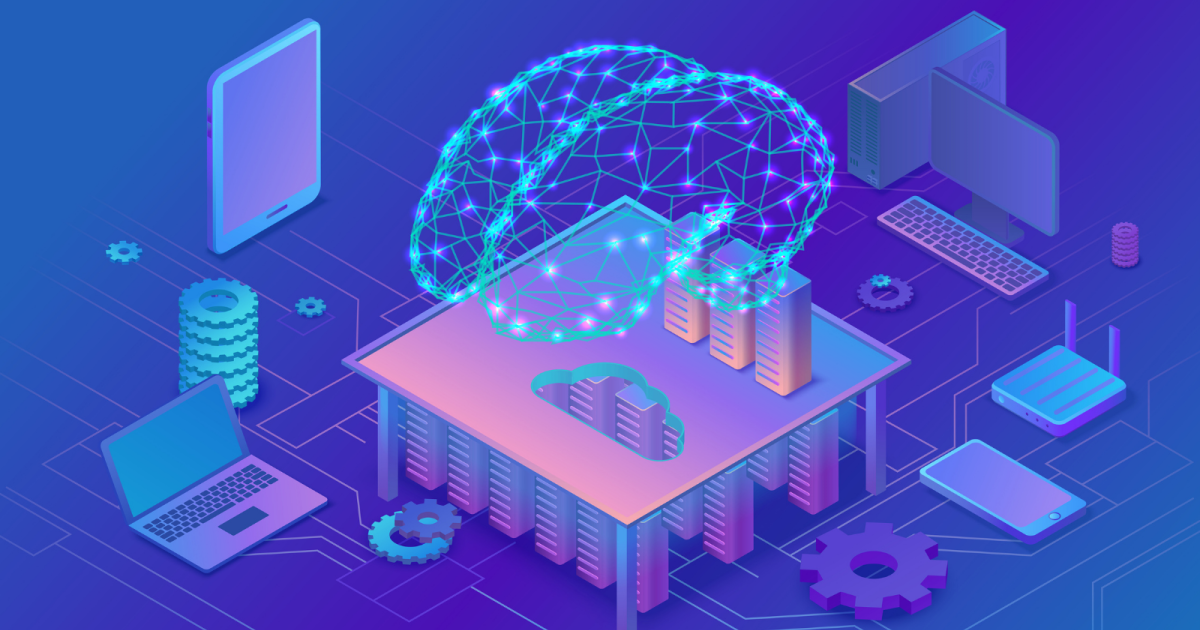
The Future of AI: Trends and Predictions
By Adedayo Oyetoke, Published on: May 10th 2023 4 min, 763 word Views: 1822
Artificial intelligence (AI) has come a long way since its inception and continues to evolve at a rapid pace. From virtual assistants to predictive analytics, AI is changing the way we live and work. In this post, we will explore the top trends and predictions for the future of AI, with a focus on key subtopics and points.
1. Advances in Natural Language Processing (NLP)
Natural Language Processing (NLP) is a field of AI that deals with the interaction between humans and computers using natural language. The rise of conversational AI and virtual assistants, such as Siri and Alexa, is a testament to the advances in NLP. These technologies are becoming more sophisticated and better equipped to understand human language, tone, and context. This trend is set to continue in the future, with the potential of NLP for customer service and support. For example, chatbots can provide 24/7 customer support and can handle a large volume of requests. However, there are ethical considerations around the use of AI-powered chatbots, as they can sometimes fail to address complex issues and require human intervention.
2. Enhanced Machine Learning Capabilities
Machine learning is a subset of AI that involves training algorithms to recognize patterns in data and improve their performance over time. The emergence of federated learning and edge computing is set to transform the future of machine learning. Federated learning enables the training of machine learning models on decentralized devices, such as smartphones, without compromising user privacy. Edge computing, on the other hand, involves processing data at the edge of the network, which reduces latency and enhances data security. These technologies are set to enhance the capabilities of machine learning in the future, making it possible to process large volumes of data in real-time.
3. Increased Use of AI in Healthcare
AI is set to revolutionize healthcare by providing faster, more accurate diagnosis and treatment. AI-powered diagnosis and treatment planning is already being used in some medical facilities, and this trend is set to continue. Medical imaging is another area where AI is making a significant impact. AI-enabled medical imaging can improve the accuracy of diagnoses and reduce the need for invasive procedures. However, there are ethical considerations around the use of AI in healthcare decision making, as it can sometimes lead to biased or inaccurate diagnoses.
4. Automation and Job Displacement
AI is set to automate many repetitive tasks in various industries, which will lead to job displacement. However, it will also create new job opportunities in areas such as AI development, data analysis, and data security. The impact of AI on the workforce is set to be significant, and there is a need for solutions to reskill and upskill workers in the age of AI. This will require collaboration between governments, businesses, and education providers.
5. Enhanced Personalization in Marketing and E-commerce
AI-powered recommendation engines and personalized marketing are set to become even more prevalent in the future. AI can analyze customer behavior and purchasing patterns to provide personalized product recommendations and targeted advertising. This trend has the potential to enhance customer experience and increase customer loyalty. However, there are ethical considerations around the use of AI for targeted advertising and personalization, as it can sometimes infringe on consumer privacy.
6. Challenges and Limitations of AI
Despite its potential, AI still faces challenges and limitations. Ethical considerations around the development and use of AI are a major concern, as AI can sometimes lead to biased or inaccurate decision making. The limitations of current AI technology, such as its inability to replicate human creativity and emotional intelligence, are also a challenge. There is a need for continued research and development to overcome these challenges and limitations.
In conclusion, AI is a rapidly evolving technology that has the potential to revolutionize the world as we know it. From healthcare to transportation to entertainment, AI is already having a significant impact on our daily lives, and the trend is only set to continue in the future.
While there are concerns about the ethical and societal implications of AI, it is important to remember that it is ultimately a tool that can be used for both good and bad. By investing in research and development and promoting responsible AI usage, we can harness the power of this technology to improve our lives in countless ways.
Whether it's through personalized healthcare, more efficient transportation, or enhanced creativity and entertainment, AI has the potential to make our daily lives easier, more enjoyable, and more fulfilling. It is up to us to embrace this technology and use it to build a brighter, more prosperous future for ourselves and for generations to come.
